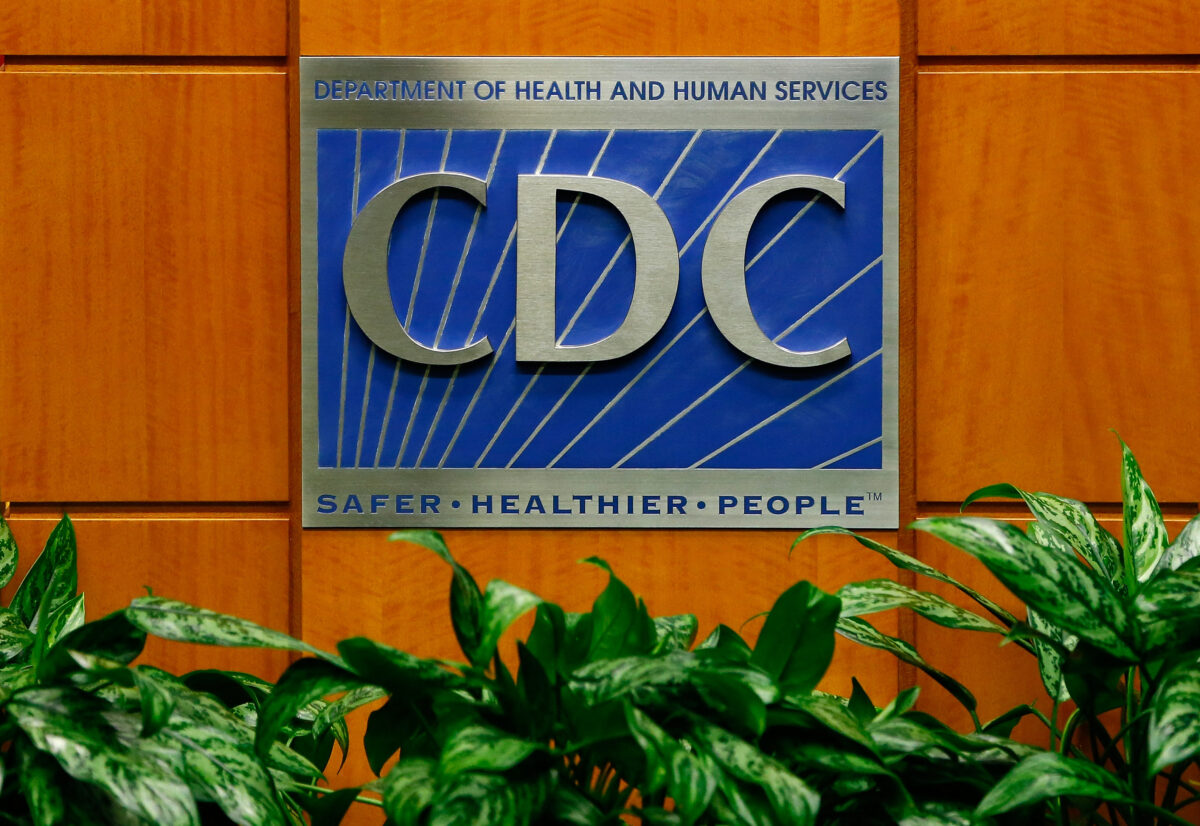US confirms first bird flu case without animal contact

(AFP)
WASHINGTON – A person in the state of Missouri has become the first in the United States to test positive for bird flu without a known exposure to infected animals, authorities said on Friday.
The adult patient, who has underlying conditions, was admitted to hospital on August 22, received antiviral medications against influenza, then recovered and was discharged, according to statements from the Centers for Control and Disease Prevention (CDC) and the Missouri Department of Health and Senior Services.
As the patient’s flu type appeared suspicious on an initial test, it was sent for additional testing in state and federal laboratories, which revealed it was H5, also known as avian flu or bird flu.
The CDC said it had not identified any transmission to the patient’s close contacts or any other person.
Scientists have voiced concern about the growing number of mammals becoming infected by bird flu, even if cases in humans remain rare.
Article continues after this advertisementThey fear a high rate of transmission could facilitate a mutation of the virus, which could enable it to be passed from one human to another.
Article continues after this advertisementContacted by AFP, the World Health Organization said on Saturday it was “encouraging that the national disease surveillance system has identified this case, that the patient received antiviral treatment, and that no further cases have been detected among close contacts”.
“It is critical that investigations into the patient’s exposure are continued, as indicated by national and state authorities, to inform further prevention and response activities,” said Dr Maria Van Kerkhove, the WHO’s director of epidemic and pandemic preparedness and prevention.
“WHO strongly supports US efforts for surveillance of zoonotic influenza across human, environmental and animal sectors,” Van Kerkhove continued.
“It is important to understand the circulation of avian influenza in poultry, wild birds and other animals in the state,” she said of Missouri.
“Stronger disease surveillance in animals is essential to protect animal and human health.”
No animal contact
The person who tested positive for bird flu was the 14th to do so in the US this year, and the first without known contact with animals.
Indeed, “no H5 infection in dairy cattle has been reported in Missouri,” said the Missouri health department, though “some H5 cases in commercial or backyard flocks and wild birds have been reported.”
All previous bird flu cases in the United States have been among farmworkers, including the very first, in 2022.
Bird flu is most commonly found in wild birds and poultry, but has more recently been detected in mammals, with an outbreak in cattle seen across the country this year.
It can occasionally infect humans through close contact or contaminated environments.
While the CDC continues to assess the risk to the public as low, “circumstances may change quickly as more information is learned”, it said.
In the decades since H5 has been found in humans, there have been rare cases where an animal source cannot be identified.
But there has so far not been evidence of sustained human-to-human transmission, which would significantly increase the threat level.
Agence France-Presse